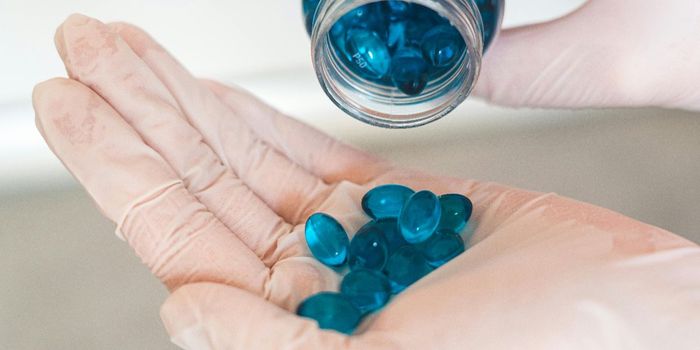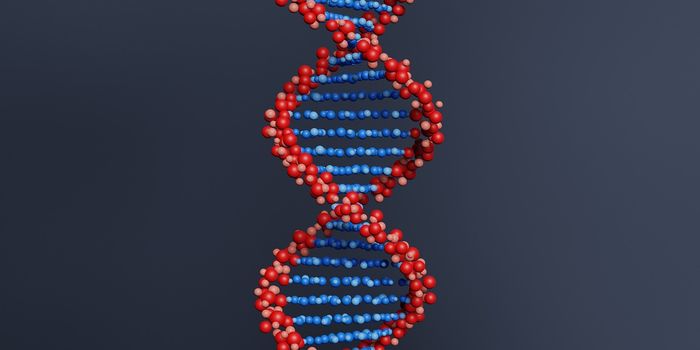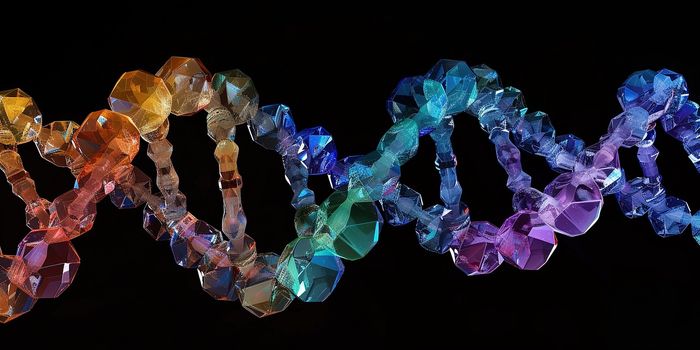Essential Vitamins and Minerals Help Children with ADHD and Emotional Dysregulation
Conditions like attention deficit hyperactivity disorder (ADHD) have become increasingly common. An estimated 6.1 million children have been diagnosed with ADHD, with that number showing upwards trends in recent years. One of the hallmark signs of ADHD is emotional dysregulation, which refers to emotional responses that are poorly regulated and are not considered a “normal” emotional reaction. ADHD and emotional dysregulation can lead to problems focusing and regulating behavior.
Common treatments for these conditions include various forms of therapy, including family therapy and social skills training. Medications, however, are also fairly common; a 2016 survey from the CDC found that about 62% of children and adolescents with ADHD were taking medication. Therapy, however, is often preferred as the first line therapy.
According to a new research study published in the Journal of the American Academy of Child and Adolescent Psychiatry (JAACAP), essential vitamins and minerals may offer a new way of understanding and treating children with conditions like ADHD and emotional dysregulation.
The study examined was an 8-week, randomized, placebo controlled study of 135 children ages 6 to 12 who had ADHD and some symptoms of irritability. During the study, children were randomized to receive either a placebo or capsules containing micronutrients, which were taken up to 12 times a day. The nutrients in the capsules included all known vital minerals and vitamins, as well as several amino acids and antioxidants.
Participants were reviewed by blinded clinicians to gauge impact of the nutrient treatment. Overall, clinician scoring suggested that 54% of participants who received the nutrient medication showed symptomatic improvement in mood and attention, compared to only 18% in the placebo group. Parents also rated their children in both groups to gauge behavior changes. Both groups noted behavior improvement, though there were no meaningful differences between the two groups.
Participants who received the nutrient option also, overall, grew in height by about 6mm.
Overall, researchers note that their findings closely replicate those of a previous study, providing more concrete evidence on the role of vital nutrients in ADHD management and giving patients, families, and doctors more options.
More research is needed, however, to better understand the underlying mechanisms behind why these nutrients do or don’t help children with ADHD.
Sources: Science Daily; CDC; JAACAP








